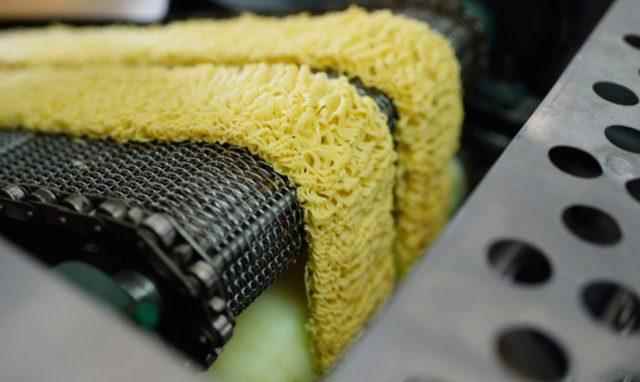Although cooking at home is enjoyable, it can be quite challenging in the midst of daily hustle and bustle. For this reason, many people order their meals from outside or turn to ready-made and fast foods. Instant noodles, which are among the first things that come to mind when it comes to ready-to-eat foods, contain very dangerous substances. These dangerous substances play an important role in the formation of diseases such as cancer, heart diseases and infertility.
WHAT ARE Instant Noodles?
Instant noodles come with flavor packets containing seasoning, salt, and monosodium glutamate (MSG). Instant noodles were first made in Japan in 1958. Instant noodles, which started to be consumed quite a lot in Japan, spread all over the world in a short time. Noodles have started to be consumed more frequently, especially in recent years.
NOODLE DAMAGES
SODIUM RATE IS HIGH
A single serving of instant noodles can contain between 397 – 3678mg of sodium per 100g serving, sometimes even more. While sodium is an essential mineral for your body to function properly, too much sodium is not good for your health. One of the biggest contributors to dietary sodium intake are processed foods, including instant noodles. Having a diet high in salt has been associated with an increased risk of stomach cancer, heart disease, and stroke. In people considered salt-sensitive, a high-sodium diet may increase the risk of high blood pressure, which can negatively affect heart and kidney health.
Considering the World Health Organization’s recommendation for sodium intake of 2 grams per day, consuming just one packet of instant noodles will make it very difficult for you to keep your sodium intake within the recommended limits.
CONTAINS MSG
Instant noodles have MSG, a very common additive found in many processed foods. Its main role is to enhance the flavor of food. Although it is widely used in many types of food and approved for consumption by the FDA, there are concerns about its short-term and long-term effects on the body.
Anecdotal reports suggest that MSG consumption is linked to symptoms such as headache, nausea, high blood pressure, weakness, muscle tension, chest pain, heart palpitations, and skin flushing. If you experience any of these symptoms after consuming MSG, you may have a condition known as MSG symptom complex. Although there is no conclusive evidence to establish the link, it is recognized that a small percentage of people may have these short-term reactions to MSG.
LOW IN FIBER AND PROTEIN
Given the low protein and fiber levels in instant noodles, consuming them regularly probably won’t quench your hunger or make you feel full. Additionally, a diet low in fiber is associated with a higher risk of digestive conditions such as constipation and diverticular disease, and a reduction in healthy gut bacteria.
THEY ARE CONNECTED TO LOW DIET QUALITY
Some studies have shown that regular consumption of instant noodles is associated with overall poor dietary quality. One study compared the diets of those who consumed instant noodles with those who did not. It was found that instant noodle consumers had significantly reduced intakes of protein, calcium, vitamin C, phosphorus, iron, niacin, and vitamin A. There was also an increase in sodium and calorie intake. Instant noodles have also been found to increase one’s risk of developing metabolic syndrome, a condition that increases your risk of heart disease, diabetes, and stroke.
